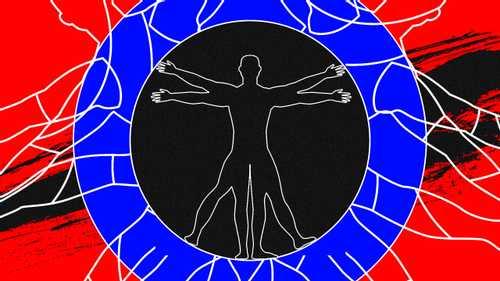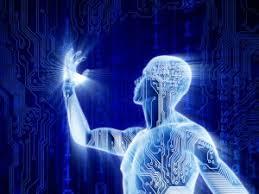Your body is a map of your emotions
Curated from: fastcompany.com
Ideas, facts & insights covering these topics:
3 ideas
·1.34K reads
17
Explore the World's Best Ideas
Join today and uncover 100+ curated journeys from 50+ topics. Unlock access to our mobile app with extensive features.
Brain, Body And Consciousness
Consciousness emerges from brain function, and we often experience consciousness to be located in the brain, but bodily feedback clearly contributes to a wide variety of subjective feelings. Brain and body jointly generate our inner mental world from various inputs.
79
579 reads
Pain And Evolution Of Consciousness
Emotion-related inputs from the body to the brain could have generated the first traces of consciousness in our early ancestors. Being able to feel pain gives a survival advantage to animals, as they could have withdrawn from dangers and rested to promote recovery when injured or ill.
The development of awareness of body-related harms might have ultimately paved the road for the emergence of more advanced forms of conscious thought and processes, such as language, thinking, and reasoning.
69
366 reads
Emotional Expression And The Evolution Of Consciousness
Our bodies signal our internal states to us, but it also often externalizes them too. And being able to track others’ inner states and goals might be one of the more advantageous capabilities.
Humans and many animals are adept at reading each other’s intentions, feelings, and goals from their behavior such as facial and bodily expressions. This promotes social cohesion by exchanging emotions and other mental states and presents evolutionary advantages a purely private consciousness wouldn’t have.
62
399 reads
IDEAS CURATED BY
Olivia Kaur's ideas are part of this journey:
Learn more about personaldevelopment with this collection
How to choose the right music for different tasks
The benefits of listening to music while working
How music affects productivity
Related collections
Similar ideas
Read & Learn
20x Faster
without
deepstash
with
deepstash
with
deepstash
Personalized microlearning
—
100+ Learning Journeys
—
Access to 200,000+ ideas
—
Access to the mobile app
—
Unlimited idea saving
—
—
Unlimited history
—
—
Unlimited listening to ideas
—
—
Downloading & offline access
—
—
Supercharge your mind with one idea per day
Enter your email and spend 1 minute every day to learn something new.
I agree to receive email updates



